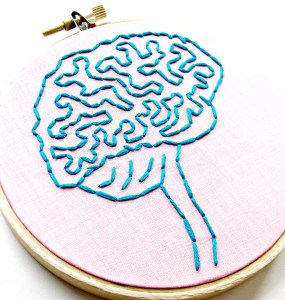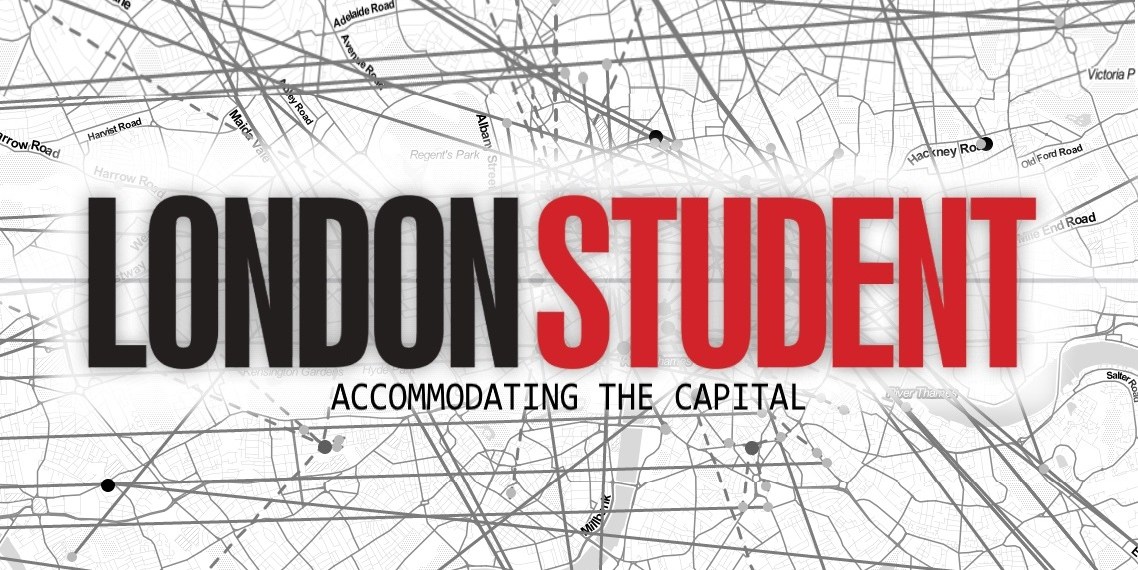Judgement and scoffs of condescension is what I expected from my peers when I embarked on Veganuary, a dairy-free, meat-free, vegan January - and that is largely what I received.
I was of the same pool of scepticism when it came to veganism, a concept I thought niche and unsustainable for the common consumer, but Veganuary held a lot of surprises in store, both good and bad.
The aims behind Veganuary, veganism and the #ditchdairy campaign are simple; veganism intends to improve the quality of life for animals, by eliminating treatments of cruelty that the meat and dairy industries establish, and to increase sustainable living for our rapidly increasing population, as well as offering purported health benefits.
Documentaries and films like ‘Earthlings’ or ‘Cowspiracy’ thrive off shock-factor with their revelations about the dairy industry, outlining the current ‘environmental disaster’ we face with the rate at which we consume animal products and by-products. While their claims hold a lot of truth, veganism can seem unattractive, especially for us students who often need high-energy, cheap, quick meals and snacks for our post-night-out binges and all-nighters.
Veganism certainly isn’t an extremely convenient lifestyle. Campus cafes rarely stock vegan-friendly sandwiches or pastas in comparison to non-vegan products, and if they do you might be left with an unappetising salad or falafel. Lots of falafel.
Pre-packaged vegan meals tend for be pricier too, as supermarkets typically manufacture these items for the more likely ‘middle-class’ vegan lifestyle, and when eating out, a cheeky Nando’s might not offer a great range on the menu for your lifestyle. It can also be tempting to go for processed carbs, which are vegan but can leave you feeling lethargic unless you are regularly consuming adequate substitutes for proteins and minerals like tofu, bread, nuts and leafy vegetables.
So is veganism a fad or fix for students? There are obvious benefits to the lifestyle; less carbon emissions for one. In some areas of the meat-and-dairy industry also, animals are certainly forced to suffer awful conditions, like de-horning, being pumped with chemicals to ensure milk production (as cows must be in a state of pregnancy to produce milk), de-beaking, and maybe being killed at less than a day old, like some baby chicks.
You don’t necessarily need to sacrifice flavour for the farm-animals either. Vegan restaurants are all the rage in the niche new market veganism has created. Yorica!, a Soho- based dessert parlour is easily accessible for London students and the quaint and colourful joint makes some pretty pan-tastic vegan pancakes. A Yorica! employee told me that she ‘watched Cowspiracy and didn’t want to eat meat ever again’, as she topped my pancakes off with Oreos (which are, surprisingly, vegan!).
If you cook for yourself, veganism doesn’t necessarily have to be expensive; beans and locally-sourced veg can mean a variety of healthy and cruelty-free meals. If the idea of poor pigs and sheep don’t do it for you, healthy weight-loss can also be a side-effect of veganism due to less consumption of high-sugar, high-fat, high-calorie convenience foods. And while not verified by dermatologists, personal experience dictates that sweet treats mean spots, as dairy-consumption may be linked to acne.
Veganism could potentially leave you lighter in body and lighter in conscience, and though it may not be for everybody to continue long-term, it’s certainly an interesting experiment that could change your habits for the better.








Add comment